If you’ve ever been a victim of debit card fraud, you probably want to do everything possible to prevent it from happening again. For those who’ve never experienced debit card fraud – let’s keep it that way! It’s no fun, and even if you aren’t out any money in the end, it takes time, effort, waiting, and communication with your bank or card company to get things straightened out.
We’re going to share some of our favorite tips for preventing debit card (and credit card) fraud to help keep your money safe.
Always make online purchases on a secure network
The ability to make online purchases definitely makes life easier. Just make sure that you’re using your card safely online. Avoid conducting credit card transactions in public places or on public Wi-Fi. If you’re shopping on your laptop at the library, airport, or Starbucks, wait until you get home to make the purchase.
Additionally, no matter where you are, be sure the website is secure before placing an order. If it seems shady, trust your instinct and don’t input your information.
Check the credit card reader before using it
Credit card skimmers are little devices that can be inserted on card readers in order to steal your card information. Anytime you are using a point-of-sale station, such as at a gas station or ATM, give the card reader a quick look before inserting your card. If it looks worn, loose, or just odd, use a different pump or pay inside.
Additionally, hackers often get information through inconspicuous cameras. Always use your other hand to block the view when inputting information such as your PIN at a point-of-sale machine.
Don’t use your debit card anywhere except your bank’s ATM
Speaking of card readers, if you want to avoid debit card fraud, only use your debit card where absolutely necessary. The safest place to use it is your bank’s ATM. Opt to use your credit card everywhere else. If there is fraud, credit card fraud is generally much less of hassle than debit card fraud. While it’s still time consuming and no fun, credit card fraud usually just takes a call to your bank, rather than fighting to try to get money redeposited into your account (as with debit card fraud).
Turn off all possible mail from your bank
Even though stealing mail is a federal offense, that doesn’t mean there aren’t people who will still do it. Mail thieves or interceptors would just love to find mail with your personal account numbers on them, or better yet, the brand new credit card you requested. One of the best ways to avoid this is by switching over to paperless mail from your bank.
Secondly, when you do collect your physical mail, look at it closely. If there’s any sensitive mail that looks like it’s been opened and resealed or otherwise tampered with, contact your bank and/or the sender to have them freeze your accounts.
Use strong passwords for your online accounts
This is one of the simplest ways to keep your accounts protected online. Avoid using passwords that are obvious or easy to hack. Additionally, be sure to avoid reusing passwords. Create a new one for each account. A password storage tool such as 1Password or SecurePass are effective ways to keep track of and protect your passwords.
Always contact your bank as soon as you notice fraud
The Electronic Funds Transfer Act (EFTA) limits liability on a lost or stolen card. If reported within 2 business days, your liability will be limited to $50. Between day 3 and 59, liability is limited to $500 or less. If you wait 60 days to report, there’s unfortunately no protection from liability. You could be required to forfeit all funds in the account, plus pay any overdraft fees. Therefore, you should always report a lost or stolen card as soon as you notice any fishy activity.
In order to aid in this, be a frequent visitor to your online bank statements and accounts. This will help you catch fraud as soon as possible so you can contact your bank right away.
Have an emergency fund
We’ve discussed emergency funds before, and we recommend having one for many reasons. One of the very first financial goals you should have is creating an emergency fund of at least $1000. This is money that is set aside for emergencies only, such as a sudden unexpected medical bill or a vehicle emergency. To emphasize, it is for the unexpected.
An emergency fund will also come in handy if your card is stolen and requires fraud investigation. If you wind up waiting weeks for fraud investigation and can’t access your money for awhile, your emergency fund can take care of you until it’s resolved. You don’t want to be stuck with no backup plan in case your account is frozen for awhile.
From preventing debit card fraud to securing your financial future, we’re here to help.
We hope these tips help you in preventing debit card (and credit card) fraud! Remember these precautions, and you’ll have a great chance of keeping your information safe.
- Always make online purchases on a secure network
- Check the credit card reader before using it
- Don’t use your debit card anywhere except your bank’s ATM
- Turn off all possible mail from your bank
- Use strong passwords for your online accounts
- Always contact your bank as soon as you notice fraud
- Have an emergency fund
At Milestone Wealth Management, we want to help keep you safe, protected, and assured in every aspect of your financial life.
We specialize in financial planning and retirement. Do you have a plan in place for your future?
You only get one shot at retirement, and we’re here to help you get it right. Call us today!
This material is not intended to replace the advice of a qualified tax advisor, attorney, or accountant. Consultation with the appropriate professional should be done before any financial commitments regarding the issues related to the situations above are made.

